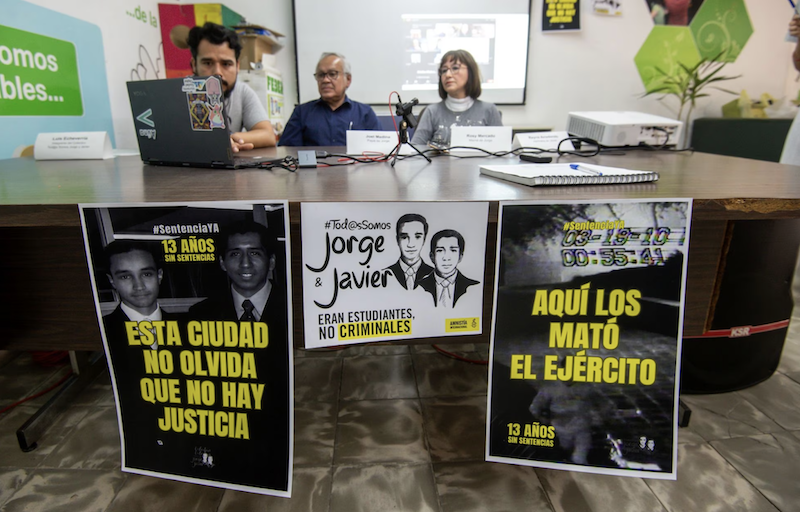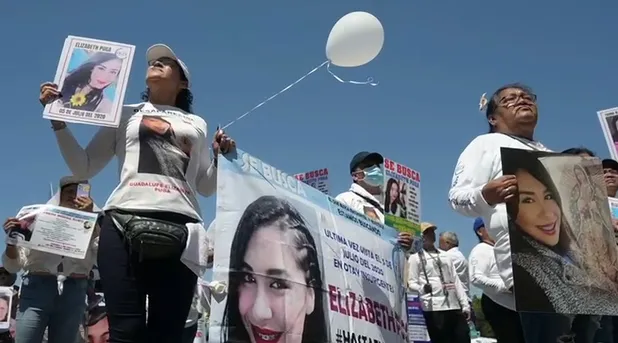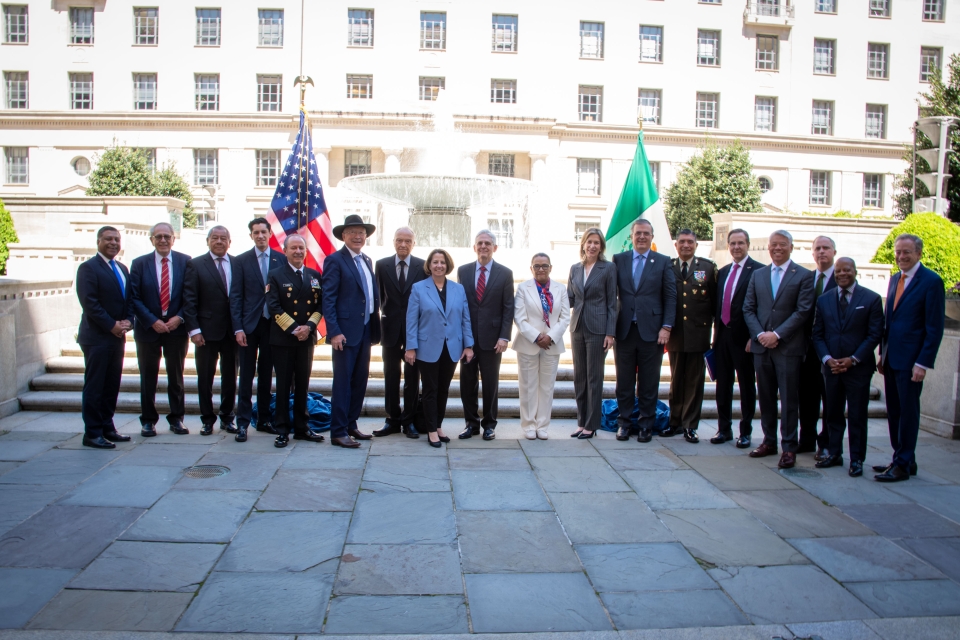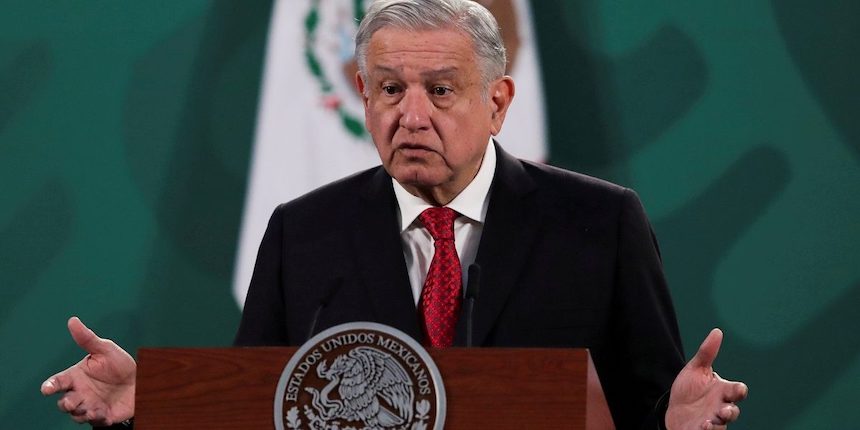Nuevo León’s police forces have come under scrutiny recently in relation to corruption charges. Earlier this month, 78 officers who were suspected of working with drug smugglers were arrested in Nuevo León. Among them was a local police chief. News media reported that the military had found the officers’ names on a list linked to suspected drug traffickers in May. The ensuing investigations resulted in raids on police stations across the state as well
as inspections of officers’ weapons and cell phones.
Local police reacted defensively to the detentions, alleging that the officers are being arrested on hearsay and uncorroborated evidence. On June 8, local officers in Monterrey blocked streets with their patrol cars, creating traffic jams, in protest of the arrest of a colleague who was alleged to be collaborating with the Gulf Cartel. Some media reports estimated the protestors to number about 100 people.
When confronted by federal agents, the officers aimed pistols and assault weapons at them in a tense standoff that lasted several hours. Federal police eventually arrested seven people and impounded ten of the police cars. Some media reported that there were local officers among the detainees. As further result, state officials stripped local officers of their automatic rifles, and began issuing such weapons to local officers only with special permission. Some state officials alleged that the protests were instigated by drug gangs allegedly working with certain officers.
In an attempt to prevent police from communicating with drug traffickers, the Nuevo León state legislature unanimously passed a bill in June that bans city and state officers from carrying personal cell phones while on duty. The bill is expected to go into effect later this month.
In an interview with El Universal, Nuevo León’s Secretary of Public Security Aldo Fasci Zuazua said that since 2007 the number of state and local police forced out of their posts due to suspicions over their collusion with organized crime has risen to 2,500. He said that most police are collaborating out of fear of the drug traffickers and not for huge sums of money.
Fasci also explained in El Universal how the current actions are the result of long-standing investigations into suspicions of police corruption: “For some years we have seen that there were executions and there were not any patrols, but later we started to review these cases and we found that there were patrols but they would leave the scene. This obligated us to follow up on what was happening with the police, which were starting to operate more in favor of these groups.”
One concrete example of this collaboration, he told El Universal, was the case of the “narco mantas,” which are messages (evidently written by traffickers) on sheets and blankets and directed primarily at state and federal authorities. Fasci told the newspaper that narco mantas bearing the messages were displayed in Nuevo León and other Mexican states without any intervention of the police departments: “The police agencies did not take them down and that was when one asks how that is possible. We called their coordinators and asked them to take them down, but they did not do it. We also sent state police to take them down and they were attacked and the city police put the mantas back. So we had to sent the SWAT team and ask the help of the Mexican army to take the sheets down.”
From the June Justice in Mexico Project’s Monthly News Report:
http://www.justiceinmexico.org/news/recent_news.php
SOURCES:
Luhnow, David. “Mexico Cracks Down on Local Police Corruption.” The Wall Street Journal. June 10, 2009.
Tapia, Jonathan. “Policias se corrompen por miedo y unas monedas.” El Universal. June 10, 2009.
Watson, Julie. “Mexican state bans cops from carrying cell phones.” Associated Press. June 10, 2009.




